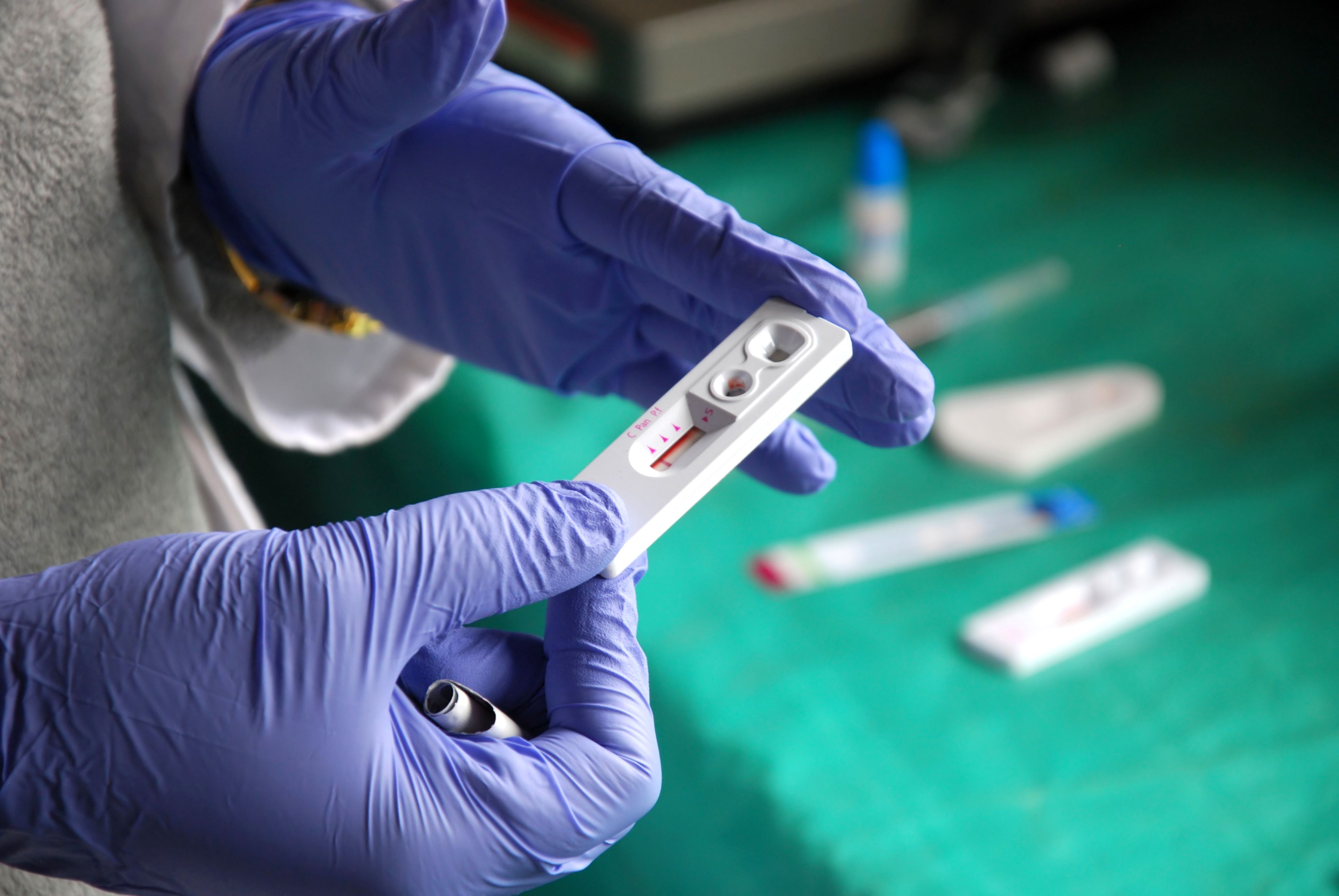Article
Program Promotes Pre-Exposure Prophylaxis Use Among African American Women
Author(s):
African American women account for 62% of women diagnosed with HIV.
African American women represent the highest percentage of HIV infections among women in the United States.
In 2012, the FDA approved the pre-exposure prophylaxis (PrEP) drug Truvada to prevent HIV infection. If taken consistently, the pill can reduce the risk of HIV by up to 92%, according to NPR.
However, when it came onto the market, men who have sex with men—–who accounted for 83% of new HIV diagnoses in 2014––were the first priority.
There is a lack of knowledge and understanding about the use of PrEP among the female African American population. According to the CDC, African Americans account for 62% of women diagnosed with HIV in the United States, followed by white women at 18%, and Latinas at 14%.
“That is alarming, and we at the CDC are working to address the issue by spreading knowledge,” said Dr Eugene McCray, director of the CDC’s Division of HIV/AIDS Prevention, as reported by NPR. “But in order for us to do that, we also need to encourage African American women to get tested.”
One goal of the CDC is for African American women — and all people at substantial risk for HIV infection – to be aware of PrEP as a potential prevention option, McCray said.
In Washington, DC, women are at a higher risk of HIV infection because approximately 2% of residents are already infected with the virus. Furthermore, social issues, such as incarceration and poverty, increase the risk of HIV within the black community, according to Linda Blout, president of the nonprofit organization Black Women’s Health Imperative, as reported by NPR.
The organization is helping to launch the capital’s first citywide program to help promote the use of PrEP among women.
“A lot of the issue has to do with misinformation or simply not being informed at all,” Nancy Mahon, executive director of the MAC AIDS Fund, which is providing financial support for the effort, told NPR. “When it comes to PrEP, many people still don’t even know it exists, especially heterosexuals. Many black women we’ve spoken to felt puzzled about why we were addressing how this drug is available to them. A component of the issue is that the drug is hard to obtain without a doctor.”
A major challenge in PrEP education among women is that primary care providers, such as OB-GYNs, are often unaware of the preventative medication. Furthermore, low-income patients often don’t make regular appointments with their physician.
“The other problem here is that it generally takes 5 to 10 years for consumers to become socially acquainted with any drug,” McCray told NPR. “That’s why we’re trying to push the information associated with PrEP to the communities in dire need of it.”
One effort will include a DC Department of health ad campaign that reads: “#PrEPforher: Dominate your sex life,” according to NPR.
“Women simply don’t know the drug exists,” Blout told NPR. “When they eventually do find out about it, they’re angry at their doctors for not telling them about it. It’s really about giving women the agency to protect their health.”
The program was officially introduced on December 1, 2016, as part of DC Mayor Muriel Bowser’s 90/90/90/50 plan for combating the HIV epidemic in the nation’s capital. The goal of the 90/90/90/50 plan is as follows: 90% of DC residents with HIV will know their status; 90% of DC residents diagnosed with HIV will be in treatment; 90% of DC residents in treatment will achieve viral load suppression; and the district will see an overall 50% decrease in new HIV cases.
Much of the program’s effort will concentrate on educating health care providers and public health clinics about the drug, according to NPR. Continuing education will be provided to health officials and providers in DC this year.
The largest hurdle the program faces is the heavy stigmatism that accompanies HIV. However, Mahon hopes that outreach to women and health care providers will start the conversation among African American women, the report concluded.
Newsletter
Stay informed on drug updates, treatment guidelines, and pharmacy practice trends—subscribe to Pharmacy Times for weekly clinical insights.






